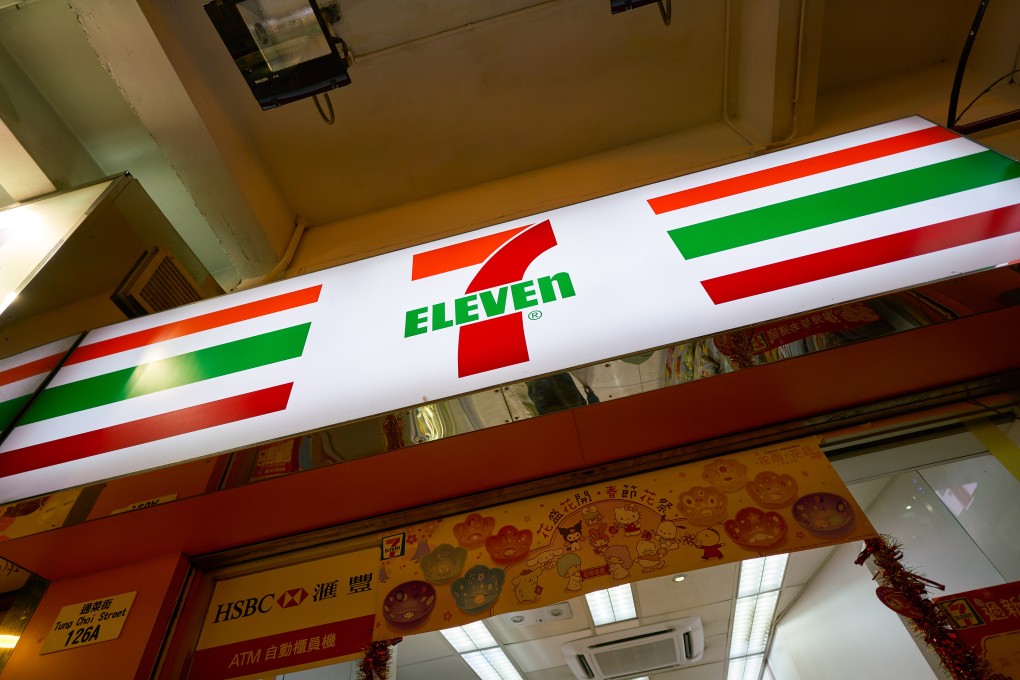Outside In | RIP Masatoshi Ito, who made 7-Eleven the world’s local convenience store
- The Japanese billionaire did not found 7-Eleven but he took it worldwide and in so doing, pioneered the franchising model popular today

Yet Ito had touched the lives of millions worldwide. For companies like the Jardine Matheson Group and its subsidiary Dairy Farm, Ito had been a silent but significant generator of profits for decades.
Since the early 1970s, Ito’s company – called Ito-Yokado then – has been bringing 7-Eleven convenience shops to the world. He did not found 7-Eleven. That honour fell to Joe C. Thompson, the Dallas businessman possibly best known at home for facing down the Ku Klux Klan. But Ito, whose executive Toshifumi Suzuki chanced upon a 7-Eleven during a visit to the US around 1972, brought 7-Eleven to the world – or more precisely, to Japan, Hong Kong, most of Southeast Asia, and eventually India, Dubai and Scandinavia.
He arguably made Japan the spiritual heart of 7-Eleven, where it is home to almost 21,000 shops – more than twice the over 9,000 in the US.
He may not have created its core ethos of convenience – a shop never more than a few blocks away and open all day – but he made that ethos his own. And he developed 7-Eleven into an iconic symbol of franchising, in the process becoming Japan’s eighth richest business figure, with a net wealth of US$4.35 billion.
The histories of Ito, 7-Eleven, Thompson, and successful franchisees like Jardine Matheson in Hong Kong make for a fascinating corporate story that is almost a century old.
